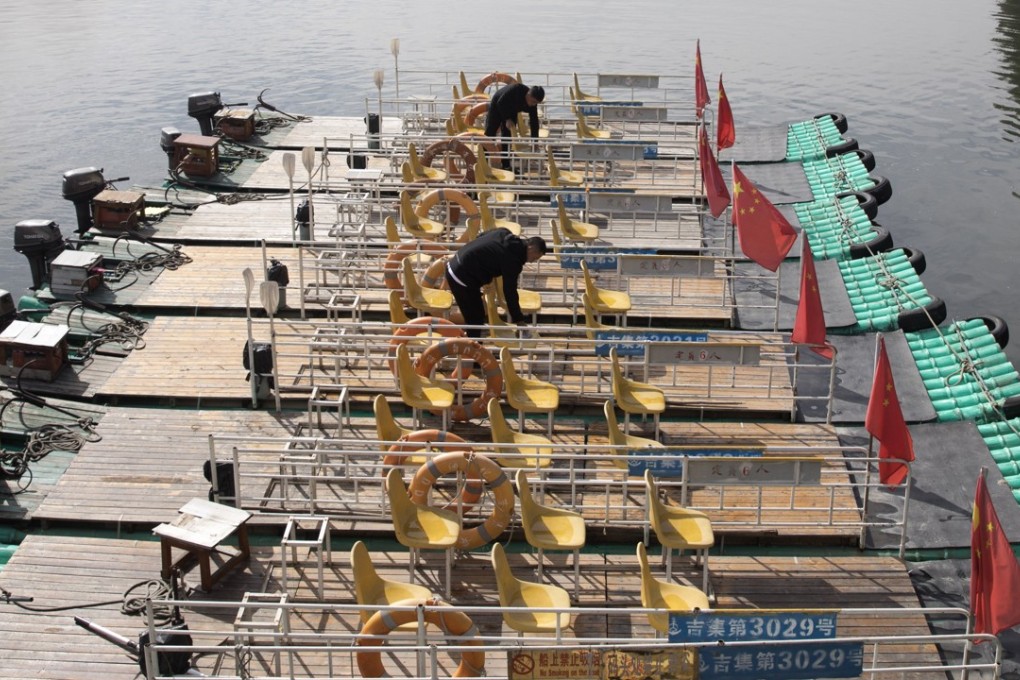Sanctions against North Korea take their toll on smugglers operating along Chinese border
The 1,400km border is the linchpin of North Korea’s economy, with China accounting for about 90 per cent of its trade

The small-time smugglers who long helped secretly knit North Korea to the outside world have seen their work plunge since ruler Kim Jong-un came to power, as a handful of large, well-connected Chinese businesses have taken over the trade along the Chinese border.
As Kim has ramped up his country’s nuclear and missile programmes, the increasingly tight international sanctions have favoured more sophisticated players, throwing the world of small-time smugglers into turmoil. One former smuggler, a rail-thin man in his 50s who chain-smokes cheap North Korean cigarettes, worked the border’s secret trails and quiet river crossings until last year, when he left North Korea to move in with relatives in China.
“I could bring in 10 televisions at once, the same thing for refrigerators,” he says. But no more.
The underground community’s troubles reflect the immense role that the border plays in North Korea’s economy, and offer a window into a world that outsiders almost never see. In rare detailed interviews, nearly a dozen people tied to smuggling networks, most either former smugglers or black market traders, discussed how life has changed since Kim came to power in late 2011.
In North Korea, a nation shaped by repression and isolation, smuggling is far more than a crime. Smugglers brought in food during a famine, and eventually carried everything from car parts to South Korean TV shows. They ferried in TVs and ferried out escaping families. Smuggling became a respected profession, offering a road to the emerging middle class.
I could bring in 10 televisions at once, the same thing for refrigerators
The 1,400km border is the linchpin of North Korea’s economy, with China accounting for about 90 per cent of its trade. While North Korea has faced international trade sanctions for over a decade, Beijing only began significantly ratcheting up enforcement over the past year, amid Pyongyang’s surging weapons tests. Trade has declined, but analysts say a range of products still flow across the frontier, their path smoothed by bribes and politicians in both countries.